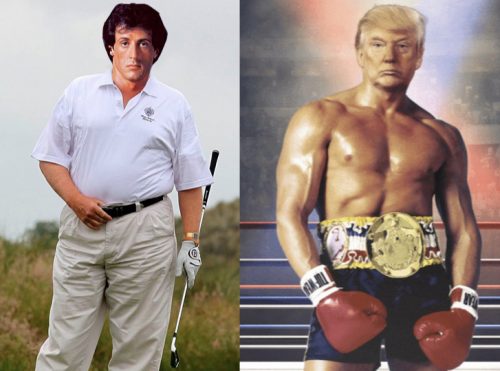This is how I spent my morning:
I was cleaning up cages to set up more space for the next generation of spiders. The previous generation were all wild-caught; these are all lab-born, raised in isolation, so they’ve never seen another spider, which is why they are all flagged with a big “V” for virgin. The plan is to let them get cozy in their roomy new boxes, put up some cobwebs to decorate the place, and then next week I’ll introduce males to them, one by one. I’m going to watch them and then, as soon as the male has accomplished his duty, I’ll scoop him right up and put him in a vial, nice and safe.
I’ve got more juvenile females to set up with cages, but the remaining spiders are still on the small side. These spiders are small, too, especially compared to the behemoths I caught at the end of the summer, but they’ve got to start sexing it up sometime.








